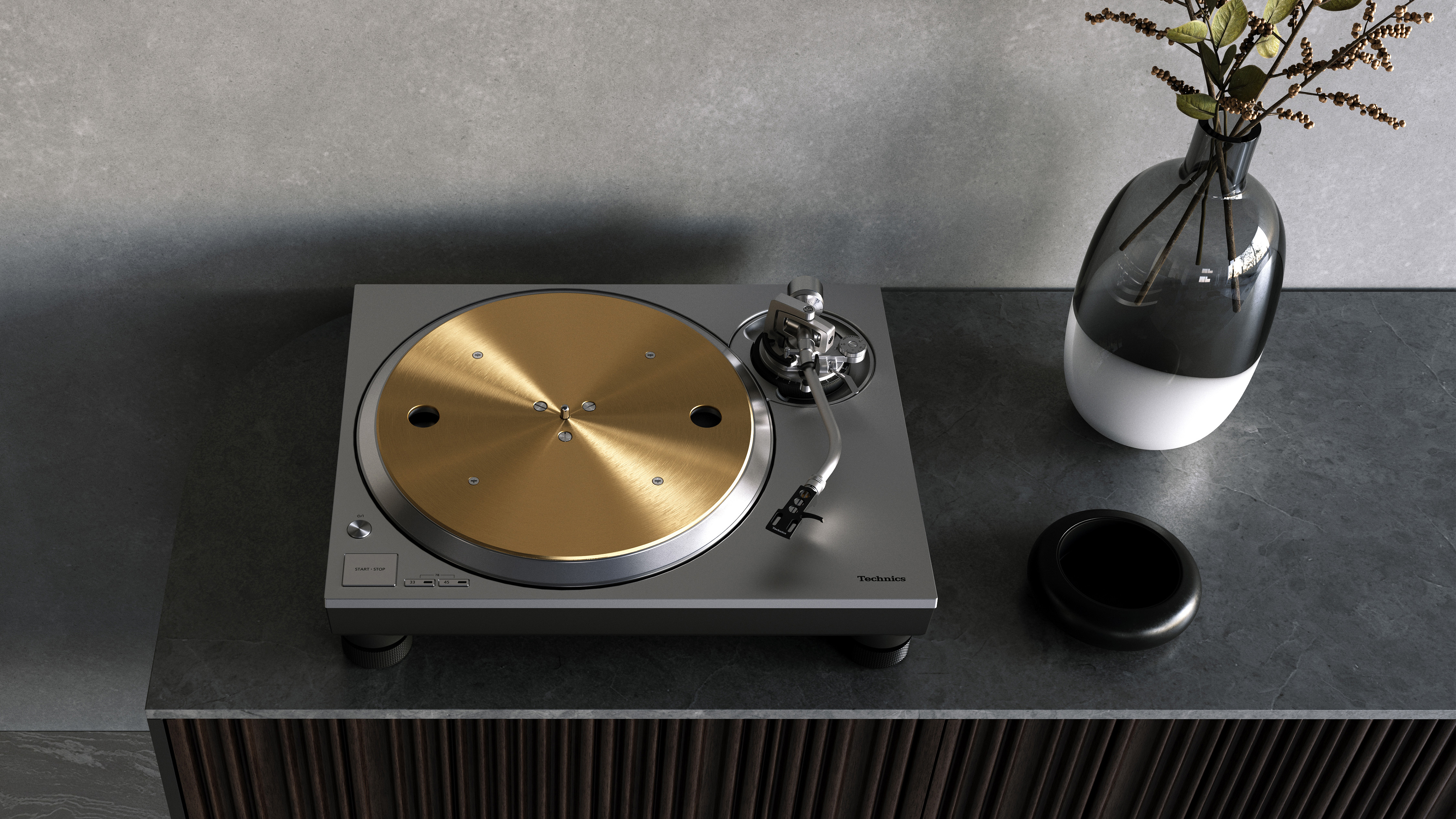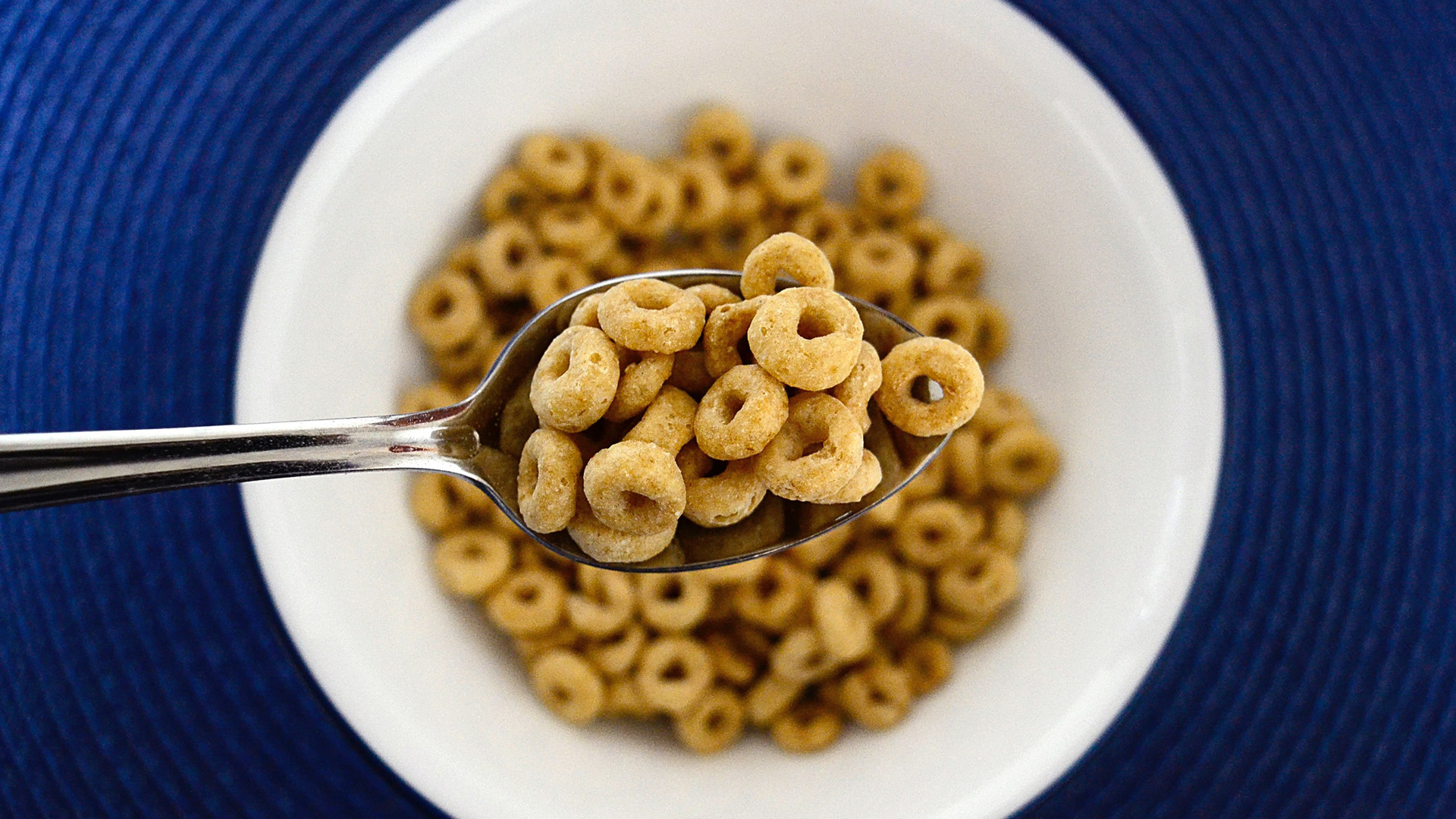

If there's one thing many of us are not short on at the moment, it's stress. While there's not a huge amount we can do about the things causing that stress (we won't go into them here, everyone's aware there's a pandemic going on), there are factors we can control that help us feel more calm and less anxious.
A bad morning routine can set you up for a worse day, so it's worth spending a bit of time trying to make it as calming as possible. Invest in one of the best wake-up lights for a soothing, more natural feeling alternative to an alarm. If you're struggling to sleep, many swear by weighted blankets as a solution.
Another good thing to look at is what you're eating for breakfast. Food can have a surprisingly big impact on anxiety levels, and there are some simple things we can do to help us feel calmer. Working with FOGA, award-winning Nutritionist and Naturopath Zoe Palmer-Wright has dug into why the foods we'd typically have for breakfast aren't the best choice, and offered some top tips for alternatives.
What not to eat for breakfast
Key to managing anxiety is keeping your blood sugar levels stable, says Zoe. "Unstable blood sugar levels are a huge driver of anxiety, and sudden drops in blood sugar can even trigger panic attacks."
When you eat a high-sugar breakfast composed mainly of refined carbohydrates – so that includes many commercial cereals, croissants, white toast and jam – sugar is released into your system quickly, causing blood sugar levels to spike and then quickly fall again. Any time there's a sudden drop in blood sugar like this, the body responds by releasing stress hormones adrenaline and cortisol.
"This experience of your blood sugar quickly dropping too low and stress hormones being released makes you feel shaky, tired, sweaty, jittery, anxious, nervous, irritable and 'hangry'," explains Zoe. If you're drinking coffee too, that'll only make things worse: caffeine it contains triggers the release of even more stress hormones.
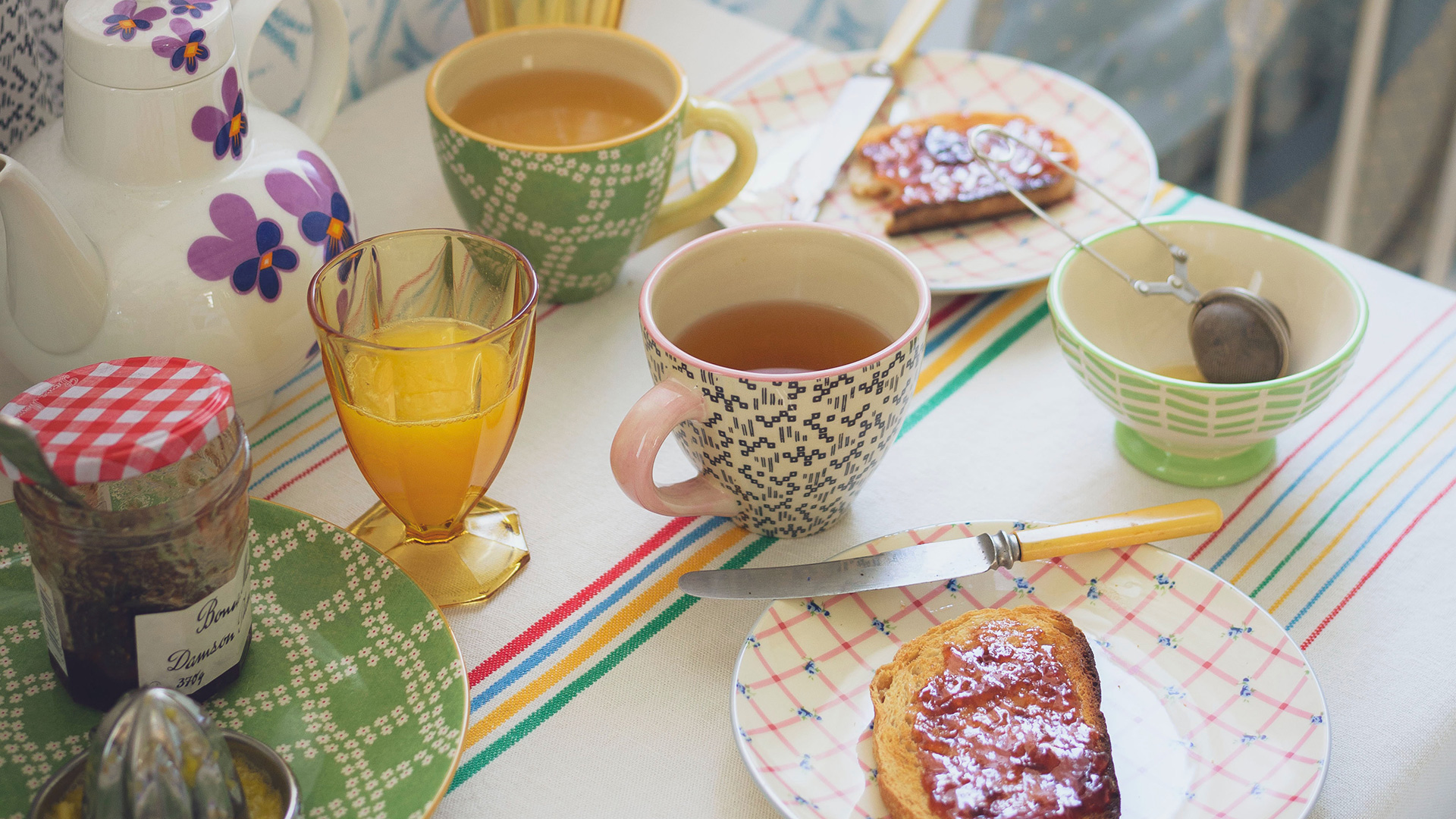
"Ultimately, when you continually eat in a way that causes these dramatic spikes and falls in blood sugar levels, you put yourself on a blood sugar rollercoaster, cause stress to your body and seriously destabilise your mood."
Sign up to the T3 newsletter for smarter living straight to your inbox
Get all the latest news, reviews, deals and buying guides on gorgeous tech, home and active products from the T3 experts
What you should be eating instead
So what to eat instead? Essentially, to keep your blood sugar levels stable, you want a breakfast that includes a mixture of fibre, healthy fat and protein. There are also some specific foods and nutrients that can help reduce anxiety and help you feel more in control:
B-complex vitamins
What do they do? Help stabilise mood and calm the nervous system. The brain also needs then to make certain mood-regulating neurotransmitters.
What should I eat? Meat, seafood, eggs, legumes, tempeh, nuts, seeds, leafy greens and nutritional yeast.
Fermented foods
What do they do? Being naturally rich in probiotics, these help promote a healthy gut, which is where many key mood-regulating neurotransmitters are made.
What should I eat? Kefir, sauerkraut, miso soup, raw apple cider vinegar, kimchi and tempeh. Perhaps not all for breakfast.
Magnesium
What does it do? It's 'nature’s tranquiliser'.
What should I eat? Green leafy vegetables, nuts and seeds, dark chocolate with a high percentage of raw cacao.
Zoe Palmer-Wright is working with FOGA, a wellness brand that makes breakfast shakes designed to help you start your day off in a calm way.
Ruth is a lifestyle journalist specialising in sleep and wellbeing. She has tested more mattresses than her small flat can handle and will talk at length about them to anyone who shows even a passing interest, and has had to implement a one-in-one-out pillow policy for fear of getting smothered in the night. As well as following all the industry trends and advancements in the mattress and bedding world, she regularly speaks to certified experts to delve into the science behind a great night's sleep, and offer you advice to help you get there. She's currently Sleep Editor on Tom's Guide and TechRadar, and prior to that ran the Outdoors and Wellness channels on T3 (now covered by Matt Kollat and Beth Girdler-Maslen respectively).
-
 I spent 6 weeks with the FoodMarble Aire 2: here’s what I learned about my gut health
I spent 6 weeks with the FoodMarble Aire 2: here’s what I learned about my gut healthI’ve been testing the clever breath-testing gadget with the companion app over several weeks to find out if it delivers on its promises
By Lee Bell
-
 Oil pulling is going viral on TikTok for stopping morning breath – but does it actually work?
Oil pulling is going viral on TikTok for stopping morning breath – but does it actually work?4 hacks that prevent morning breath, according to a sleep expert
By Bethan Girdler-Maslen
-
 These limited edition McLaren x Loop earplugs are what you need for Formula 1 season
These limited edition McLaren x Loop earplugs are what you need for Formula 1 seasonMcLaren teams up with Loop on limited edition noise-reducing earplugs
By Bethan Girdler-Maslen
-
 3 reasons why you wake up at 3am every night – and how to avoid it
3 reasons why you wake up at 3am every night – and how to avoid itAlways waking up in the middle of the night? This could be why…
By Bethan Girdler-Maslen
-
 Therabody experts give 7 tips for perfecting your sleep routine for World Sleep Day
Therabody experts give 7 tips for perfecting your sleep routine for World Sleep DayFrom breathing exercises to sleep masks, here’s how to prioritise sleep, according to experts
By Bethan Girdler-Maslen
-
 Loop Dream review: super soft earplugs to help you snooze soundly, even if you’re a side sleeper
Loop Dream review: super soft earplugs to help you snooze soundly, even if you’re a side sleeperSquishy silicone and uniquely shaped ear tips take Loop’s nighttime earplugs to dreamy heights
By Joanna Ebsworth
-
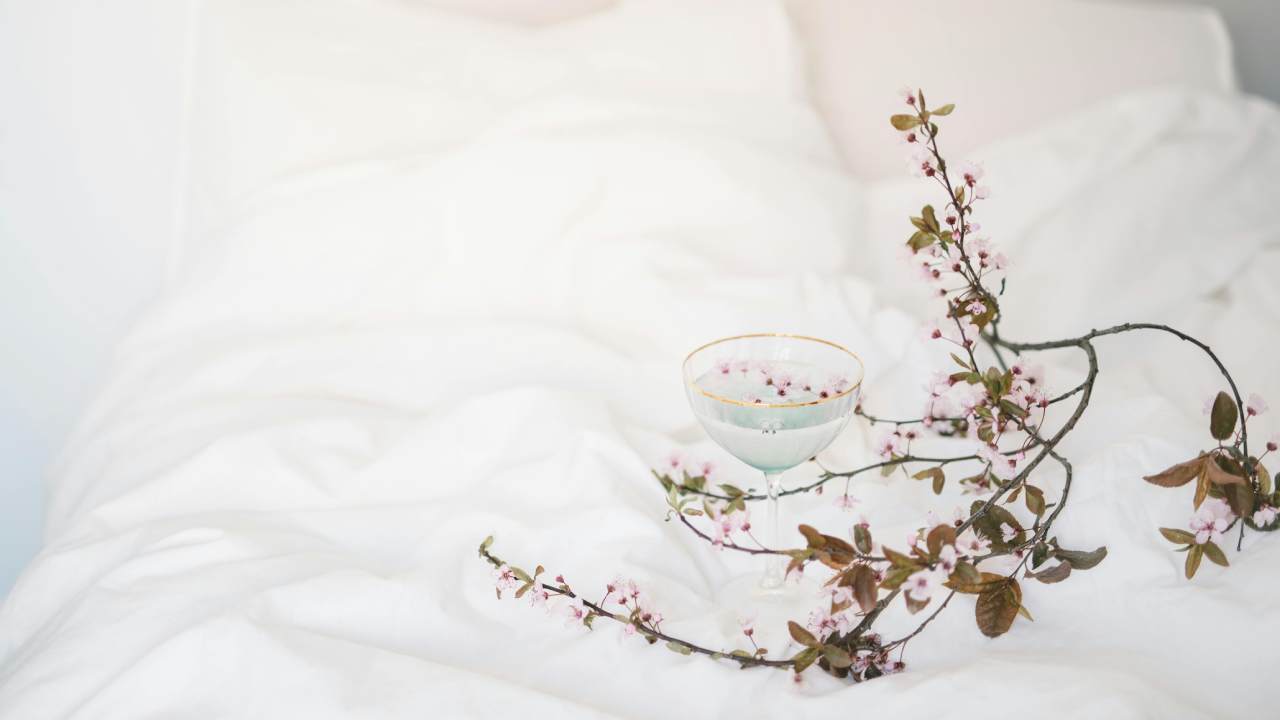 Can’t get to sleep? Grounding bed sheets could be the answer – but I need convincing
Can’t get to sleep? Grounding bed sheets could be the answer – but I need convincingIs this the future of sleep tech?
By Bethan Girdler-Maslen
-
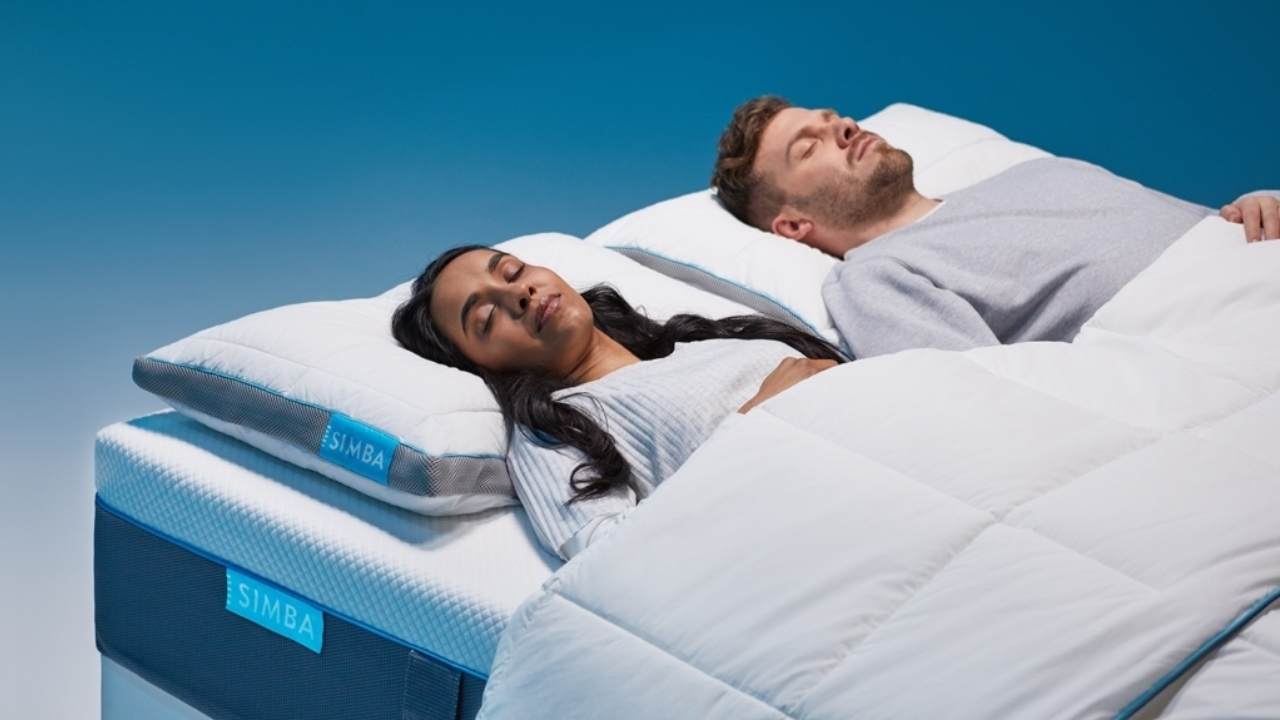 Simba reveals 3 shocking signs of sleep deprivation on the body
Simba reveals 3 shocking signs of sleep deprivation on the bodySimba’s latest study reveals the main physical effects of sleep deprivation
By Bethan Girdler-Maslen
